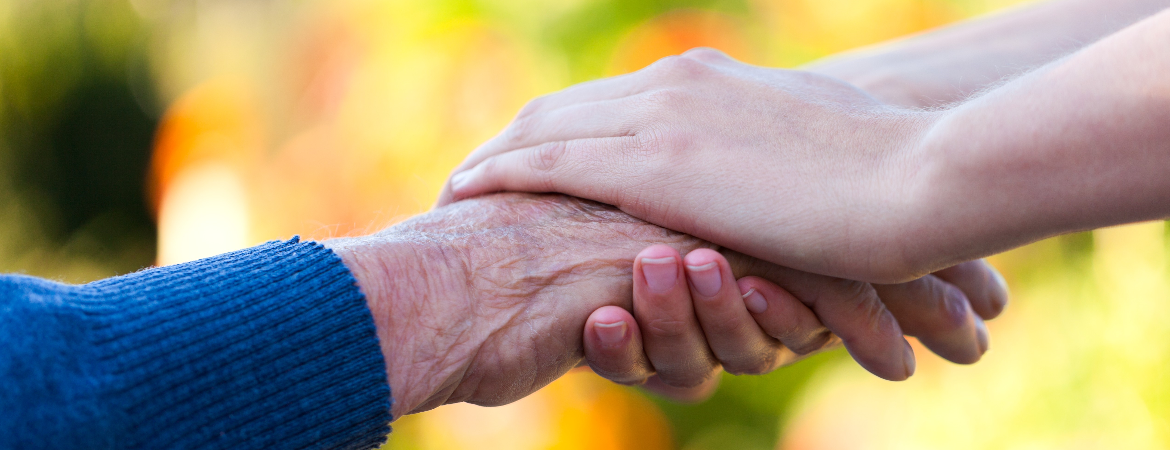The best way to get through a traumatising experience depends on both the event itself and the individual's personality and history. The advice below may therefore be self-help for some, while for others it may be best to be referred to a psychologist who has experience in treating traumatised people.
For the individual
Are you traumatised? Test yourself or someone you know using this leaflet - Not currently available in English.
For the student of psychology
Students interested in psychotraumatology can benefit from using the Danish Center for Psychotraumatology's website as a resource. You are welcome to familiarise yourself with our research areas and publications. If you are considering writing a thesis in psychotraumatology, you can be inspired by previous theses in the field. You can find them here.
If you can't find what you're looking for or would like to request an article, please send us an email.
For the industry professional
In the context of disasters, The European Network for Traumatic Stress (TENTS) has developed some guidelines and brochures, which you can find below.
TENTS guidelines
TENTS interventions brochure
TENTS leaflet
When children and adolescents are traumatised
Childhood trauma is one of the oldest and most central themes in psychopathology. Otto Rank (1884-1939) even believed that birth was the child's first traumatic experience. The theory was heavily criticised, but Rank's point that the body 'remembers' violent sensory impressions was not lost and is today recognised as an important aspect of crisis psychological post-reactions.
Children, like adults, can be exposed to random, tragic events such as car accidents, natural disasters, death or life-threatening illnesses. But in one area, childhood is a particularly vulnerable period; children's defencelessness and dependency on adults can be abused and exploited. We warn our children not to go with strangers because we fear paedophilia and kidnapping, but unfortunately, children are often traumatised behind the four walls of the home by violent or sexual abuse, neglect or witnessing violence between parents.
Through the following links you can access knowledge, advice and guidance on traumatisation among children and young people at different ages.
Traumatisation among children aged 0-2 years.
Traumatisation among children aged 3-6 years.
Traumatisation among children aged 7-12 years.
Traumatisation among children aged 13-18 years.
